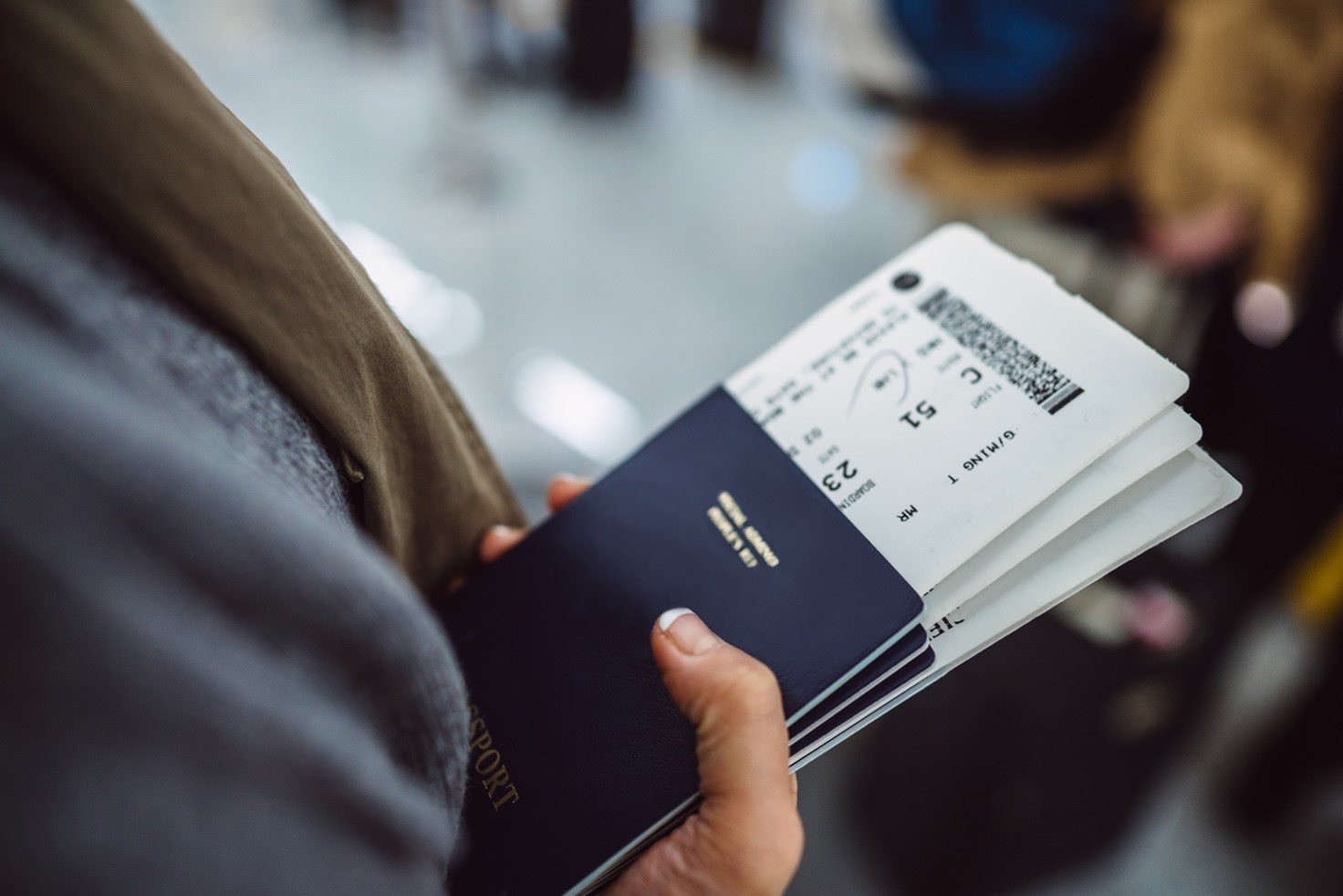
The UK has introduced new rules for individuals travelling to the UK, meaning that visitors from 48 countries will have to apply for an electronic travel authorization (ETA) prior to travel to the UK.
The ETA is a digital registration scheme for all travelers (regardless of the reason for entering the UK) who do not require a visa to enter the UK.
Who will require an ETA?
Any visitor to the UK who does not require a visa will require an ETA to enter the UK.
The ETA is a pre-entry clearance much like the ESTA required to enter the US. The requirement to apply for an ETA will be applicable to visa exempt visitors who are entering the UK for leisure or business purposes.
Visitors to the UK from the US, Canada and Australia will be required to apply for an ETA to enter the UK from 8 January 2024.
The scheme will also be extended to EU citizens who will be required to hold a valid ETA to enter the UK from 2 April 2025, applications can be made from 5 March 2025. This means that any individual travelling to the UK for any European Union countries including Denmark will require an ETA.
A full list of the nationalities impacted by the new ETA rules can be found on the UK’s Government website.
The scheme applies to short visits to the UK lasting less than six months for tourism or business purposes. There are a few other categories of ETA, including for short-term study and permitted paid engagements. These are listed on the UK government website.
Currently the rules require that anyone transiting through the UK must also apply for an ETA, the rational for this being enhanced border security, one of the UK Governments key priorities. This requirement is being kept under review.
How to apply for an ETA
The application for an ETA can be made online or through the official app listed on the UK Government’s website. The cost of the ETA application is £10, and the ETA will be valid for a period of two years or until the ETA holder’s passport expires, whichever is the sooner. The ETA will permit multiple journeys to the UK over the period it is valid for stays of up to six months.
Summary
The introduction of the ETA is a UK Government initiative to enhance border security which has been a focus for the UK Government.
This echoes the sentiment across Europe and the European Union is planning to enact a similar program for visa-exempt travelers, called the European Travel Information and Authorization System, or ETIAS. That program has been repeatedly delayed and is now expected to begin sometime in 2025. We will keep you updated when we know more about the implementation.
Employers should be aware of this new obligation and ensure that they have processes in place to ensure that employees visiting the UK have a valid ETA if required.
Further guidance can be found here:
https://www.gov.uk/guidance/apply-for-an-electronic-travel-authorisation-eta
Please also see the newsletter from our Ellint partner Doyle Clayton on this subject.



Thanks to the following contributors to the website: Steen Evald (photograph), Stine Heilmann (photograph), Count Pictures (video), Kunde & Co. A/S (design), WeCode A/S (coding)